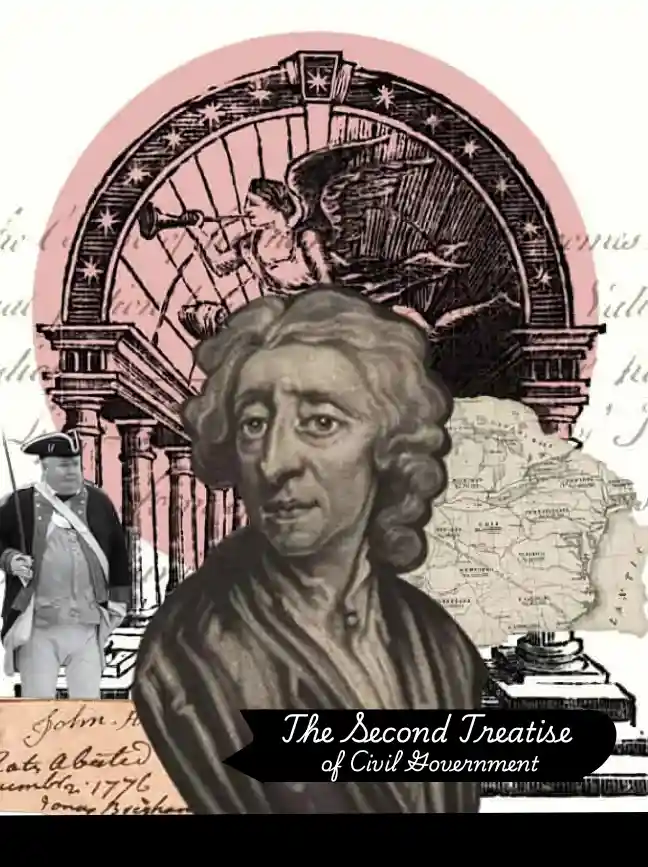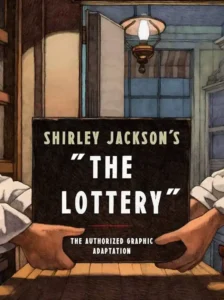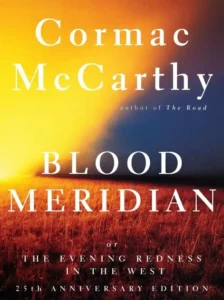John Locke’s Two Treatises is a pivotal work for anyone studying political philosophy. Locke was a doctor, a scientist and a philosopher, who made key contributions to the development of Enlightenment thinking in the late 1600s.
In the Second Treatise, Locke presents a nuanced view on the state of nature, on which Hobbes based his earlier works. Locke argues that people begin with a neutral, equal status, rather than some being born with a divinely defined position of authority.
He expounds his concepts on the principle of conquest through war. He discusses slavery, because he considers the state of the government of England at the time being perilously close to enslaving the population. He considers this undesirable, even if the population at the time seem to acquiesce to it,
Because it is antithetical to the fundamental principle that human beings are free and cannot even voluntarily give up that freedom on a permanent basis. Controversially to modern eyes, however, he does not reject slavery completely as a concept, accepting that it may occur justly through conquest, as a form of extension of the state of war.
Locke proposes a circumscribed view of property ownership, explaining that, in the case of land, it ought to be limited to that which individuals can cultivate for themselves. He presents a mechanism for extending this core concept to cover money.
He maintains the citizens’ right to revolt and propounds principles for representative government, which does not have to be a republic but could instead be a monarchy with a suitable contract between ruler and subjects. He also discusses the distinction between executive and legislative branches of government, a key principle of modern constitutions.








